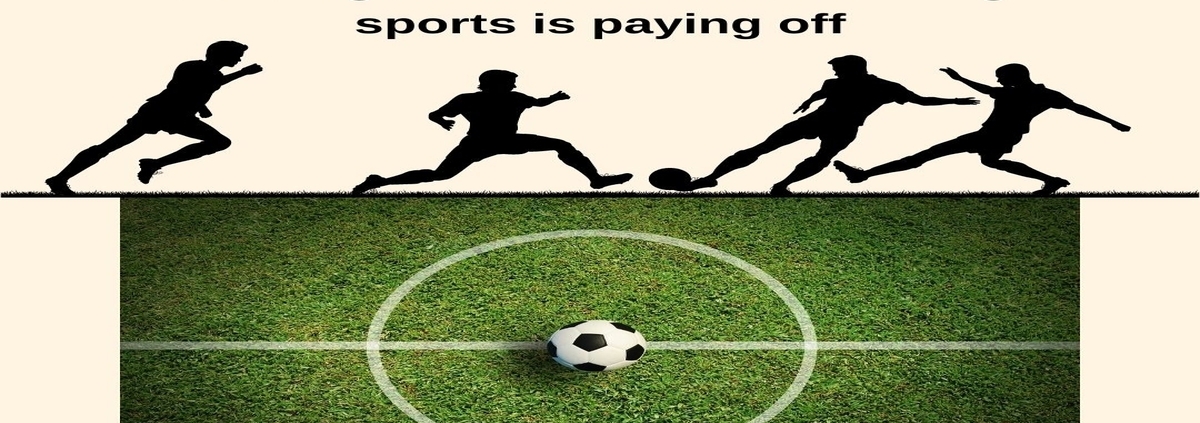There is a pattern emerging in the Middle East. Nations in the region are emerging as leading sponsors and team owners in the global sports arena, catching the attention of media and fans. The latest such instance is the Kingdom of Saudi Arabia’s $413-million takeover of the Newcastle United Football Club (NUFC). This takeover was in the works for years, but it ran into diplomatic trouble at every turn. So, for KSA’s Public Investment Fund (PIF) to finally close the deal, it took more than just money. But why is this important? And what does Newcastle takeover, and behind-the-scenes diplomacy, means to the Middle East.
A development that drew my attention recently was the Saudi administration lifting the ban on beIN Sports, a Qatari state-funded broadcasting company that holds the rights to telecast Premier League matches in the MENA region. beIN Sports was banned by KSA in 2017 as part of the Qatar Embargo. And despite the normalization of relations in Jan 2021, beIN Sports was still not accessible in the Kingdom. So, recently, when the KSA lifted the ban on beIN Sports, it removed the final hurdle for the Newcastle takeover. And, as expected, the deal went through in days.
These developments represent the regional economies putting their in-fighting to bed, in pursuit of greater glory. And investment in European sports will not only pay great financial dividends, but also create diplomatic leverage. Take, for example, the Abu Dhabi United Group’s purchase of Manchester City football club in 2008 – the club’s valuation soared to $443 million by 2012. Its valuation in 2021 is $4 billion, with the yearly revenue hitting $609 million(1). Yet, the UAE’s greatest achievement with Manchester City is not the trophies won; it’s the perception that it has built among the club’s growing fan base in England and beyond. Such perceptions go beyond billions.
In 2011, Qatar bought the French club Paris Saint-Germain (PSG), which was struggling financially. Ten years later, the club has signed Lionel Messi, who is one of the most marketable sportspersons in the world, and arguably one of the greatest footballers ever. In the meantime, Qatar has leveraged PSG for nation brand building, using the platform to market Qatar Airways and other interests of the State. There are similar, lesser-known examples, such as Sheffield United (owned by Abdullah bin Musaid Al Saud) and Everton (owned by Iranian billionaire Farhad Moshiri). All in all, these endeavours are presenting the Middle Eastern economies in a positive light, on the global stage.
Let’s consider the numbers. The Premier League alone is watched/followed by 4.7 billion people(2), across 212 global territories. So, involvement with the league in any capacity is an opportunity. But with Newcastle United, the KSA is onto something far greater — NUFC boasts a pedigree that is unique in contemporary football, with a sizable fan base, rich history, and an association with an industrious port city. So, it complements the KSA’s business interests, particularly in shipping. Besides, Premier League facilitates connections with key stakeholders across the global sports spectrum, giving the KSA more opportunities to diversify its holdings.
The same is true of the maiden Jeddah Formula One race event, due to be held in December. The move to host Formula One is straight out of the playbooks of Bahrain and the UAE, which have been hosting the racing event for years now. That aside, the regional economies have increased their investment exposure to golf, tennis, boxing, and MMA, among other highly-revered and popular sporting events. It is therefore unsurprising that the Middle East sports market is estimated to grow at an annual rate of 8.7%(3) for the next three-five years, while the global average is at 3.3%. But, I believe, that doesn’t even begin to scratch the surface of what these nations stand to gain in the long run – both financially and politically.
- https://www.forbes.com/teams/manchester-city/?sh=cbc5e741273c
- https://www.britishcouncil.org/research-policy-insight/insight-articles/playing-game-soft-power-sport
https://www.pwc.com/m1/en/publications/middle-east-sports-survey.html




